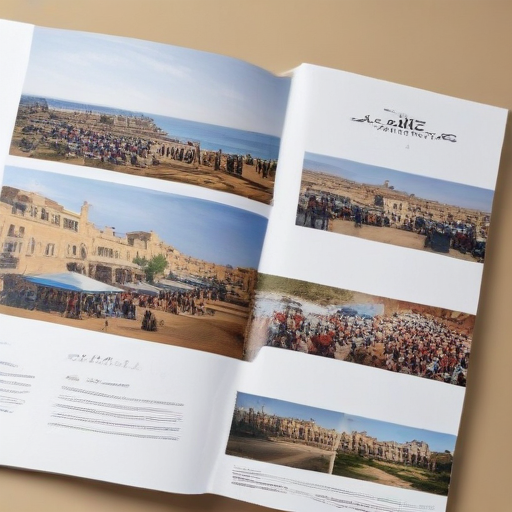President Trump welcomed King Abdullah II of Jordan to the White House on Tuesday, where the two leaders discussed a controversial proposal for the future of Gaza. Trump suggested that the area could be cleared of its residents and transformed into a tourist destination under U.S. control. This ambitious idea hinges on the cooperation of Jordan and other Arab nations to accept a greater influx of Palestinian refugees.
While addressing reporters in the Oval Office, Trump indicated a willingness to maintain U.S. aid to Jordan, Egypt, and other nations, contradicting earlier statements suggesting he might leverage aid to incentivize these countries to take in more Gazans. During their meeting, King Abdullah did not directly endorse Trump’s plans, instead reiterating Jordan’s commitment to the Palestinian cause and its rejection of displacement.
In his social media remarks, the king emphasized the importance of rebuilding Gaza without displacing its residents, arguing that achieving a lasting peace based on a two-state solution is crucial for regional stability. He acknowledged Jordan’s readiness to accept about 2,000 children from Gaza suffering from serious health conditions, which Trump praised as a commendable gesture.
Trump’s vision included potential redevelopment plans for Gaza, envisioning hotels and offices, while assuring that the U.S. would not finance these ventures. Instead, he stated, “We’re not going to buy anything. We’re going to have it,” suggesting American ownership of the territory. He also indicated that the current ceasefire between Hamas and Israel could be jeopardized if hostages held by Hamas are not released by an upcoming deadline, a statement that deviates from the agreed-upon ceasefire terms.
The discussions occur amidst heightened tensions over the Gaza ceasefire, with Hamas accusing Israel of violations and delaying further hostage releases. Both Egypt and Jordan have expressed strong opposition to Trump’s proposal, concerned about the implications for regional security and the long-standing goal of establishing a two-state solution.
This meeting is part of King Abdullah’s broader engagement with the Trump administration, where he is set to meet with key officials, including Secretary of State Marco Rubio and Defense Secretary Pete Hegseth.
In light of the complex dynamics surrounding the Israel-Palestine conflict, King Abdullah’s reaffirmation of Jordan’s stance highlights the ongoing resistance to displacement of Palestinians, reinforcing the call for diplomatic solutions rooted in comprehensive peace negotiations. As the situation evolves, international observers will be keenly watching how these discussions shape the future of Gaza and broader regional relations.
